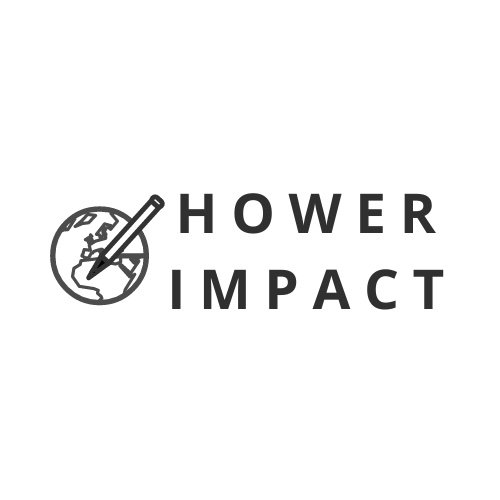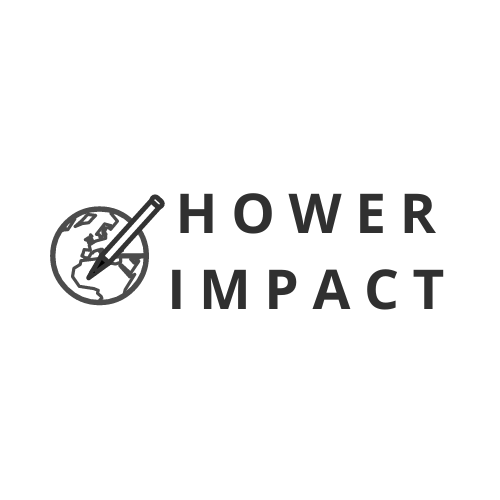Impact Hired Spotlight #4: Jared Crain of Salesforce
The Impact Hired Spotlight series highlights the stories of impact professionals across industries to demonstrate how people got to where they are. Few folks in sustainability and ESG have linear paths, and through these stories we hope to inform and inspire impact job seekers as they navigate their own career journeys. In this edition, we hear from Jared Crain, director, strategic partnerships & ESG engagement at Salesforce.
Why did you pursue a career in impact?
Service has been a part of my life since childhood. It was a core aspect of our family values, and I really internalized the concept of service as a responsibility and an honor. I also strongly believe in the power of human connection. We never know the impacts that we can have on others or what those connections lead to. Having a positive influence on the world is a major piece of that.
Can you talk about some of the challenges you have faced throughout your impact career getting to where you are now?
Where to start! Before joining Salesforce I was an active duty army officer for 20 years. “Impact” and “service” were the table-stakes for everyone I worked with. When I left the army I wanted to find a similar type of fulfillment in my work, but found it difficult to connect to. A lot of veterans say they want to do meaningful work when they get out, but struggle because they have to define what meaningful is. The other aspect that frustrated me was gating. Some people think that candidates need multiple degrees or an incredibly deep work experience in a specified topic to be successful. There are some fantastic people (especially veterans) that can have a tremendous impact that wouldn’t even get a second look because of the biases.
Can you tell us a bit about the skills you use in your current impact job? Where did you learn them?
I think most of the skills I use day to day are learned skills that came through my professional experiences. Interpersonal skills are, I think, the most valuable and often the most overlooked. Knowing how to connect with people, how to listen to them, and how to understand their perspective and position is a key aspect to making any sort of progress. Having a positive outlook is another “skill” that is critical. You get to choose how you interpret the occurrences around you. It’s easy to slip into a perpetually negative outlook, but it drains you and makes for a crappy existence. Taking a positive outlook and sharing it with others builds teams that move forward.
What do you love most about working in an impact career?
The best aspect of an impact career is seeing the tangible results of the work you’re doing. I love being able to connect the work I do to positive outcomes, especially when it impacts someone personally. It’s fulfilling and rewarding.
What advice would you give folks currently struggling to find their way in an impact career?
There are three specific pieces of advice that I’d offer to someone looking to find their way in impact. First, you need to show the thread of your experience and connect it to the role you’re looking for. Help a hiring manager understand why you have the experience and knowledge to crush the role you’re looking at. Passion is an aspect of all impact roles, but not necessarily the biggest one. Make it completely that everything you’ve been doing up until now has prepared you to do this role and be phenomenal at it. Second, grow where you’re planted. I have yet to find a manager that says they want their team to take less initiative. If you’re passionate about impact, find ways to make it part of your work now. I’ve met tons of people in impact that worked themselves into a job because of their passion and initiative. You’d be surprised what can come from taking some action. Finally, you never get what you don’t ask for. There isn’t a magical fairy that will find you and offer you the opportunity or the role that you want. You need to ask for it. I thought that if I put my head down, worked hard, and took on tough roles that I’d get offered assignments that I wanted. It wasn’t until someone told me that I needed to communicate what I wanted that I realized why that wasn’t coming to pass. Expressing what you want helps you get it faster.
Anything else you'd like to add?
Be a good person. Treat everyone with respect and dignity. Everyone on Earth has an interesting story and deserves respect. It’s incongruous to tackle massive problems the planet is facing while looking down your nose at people.


